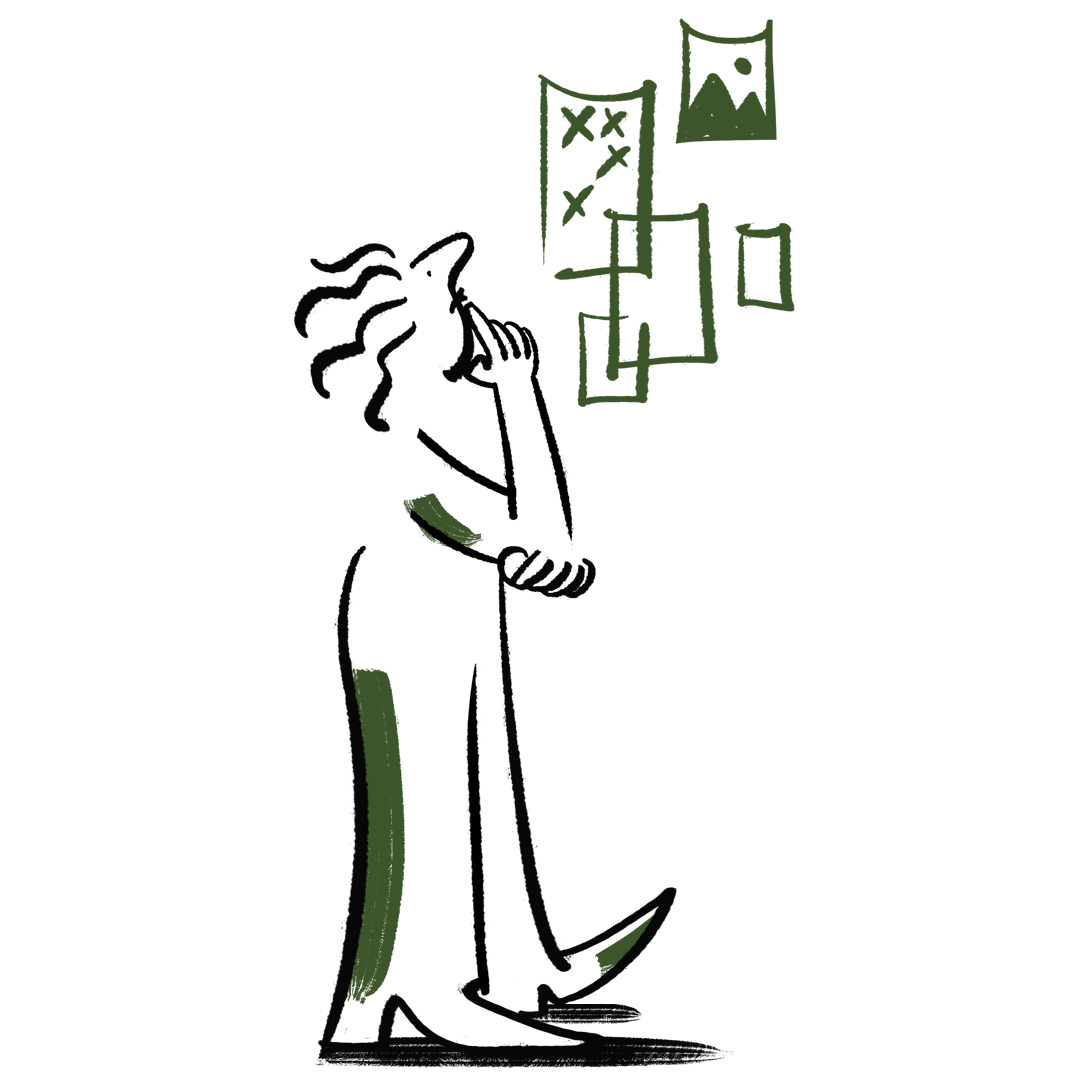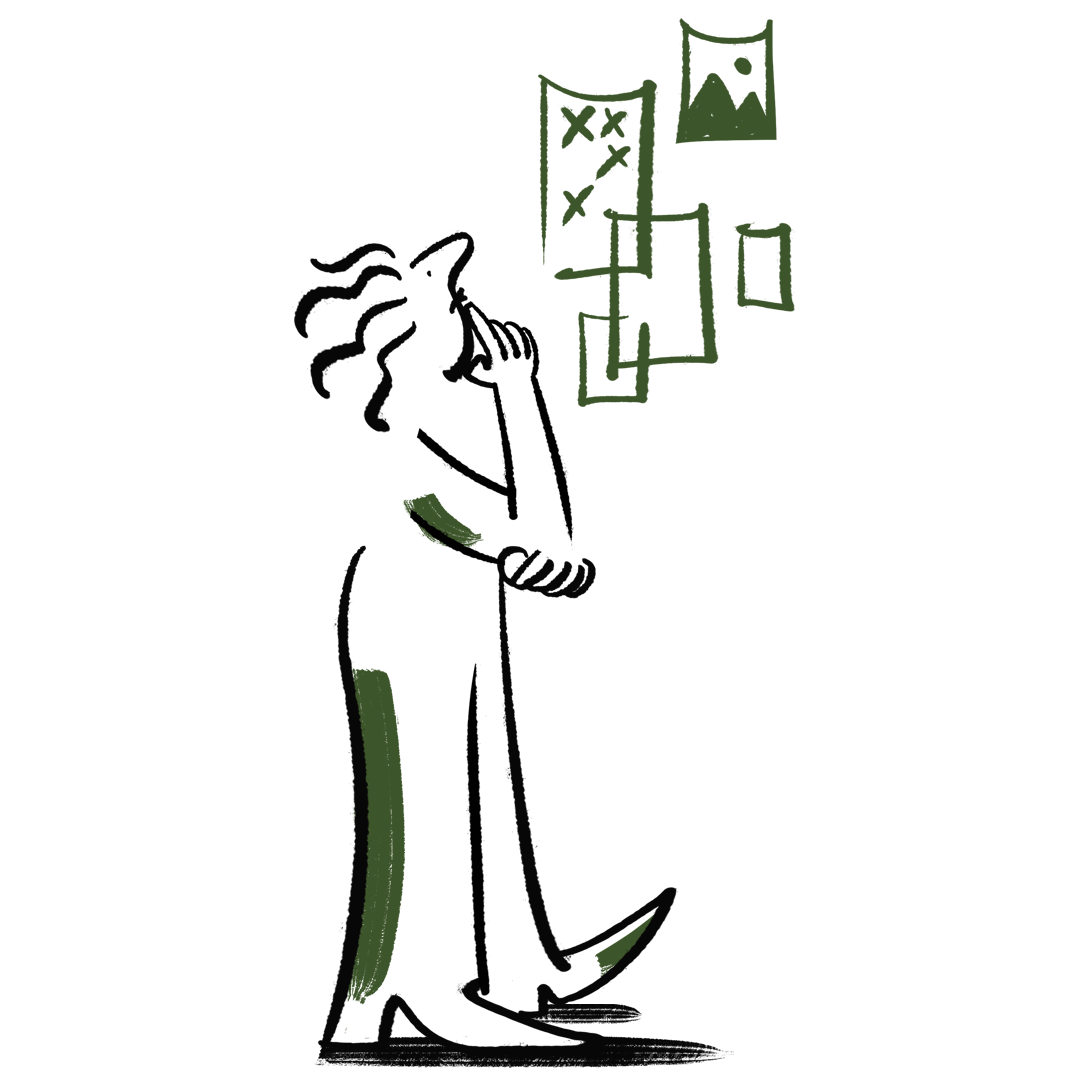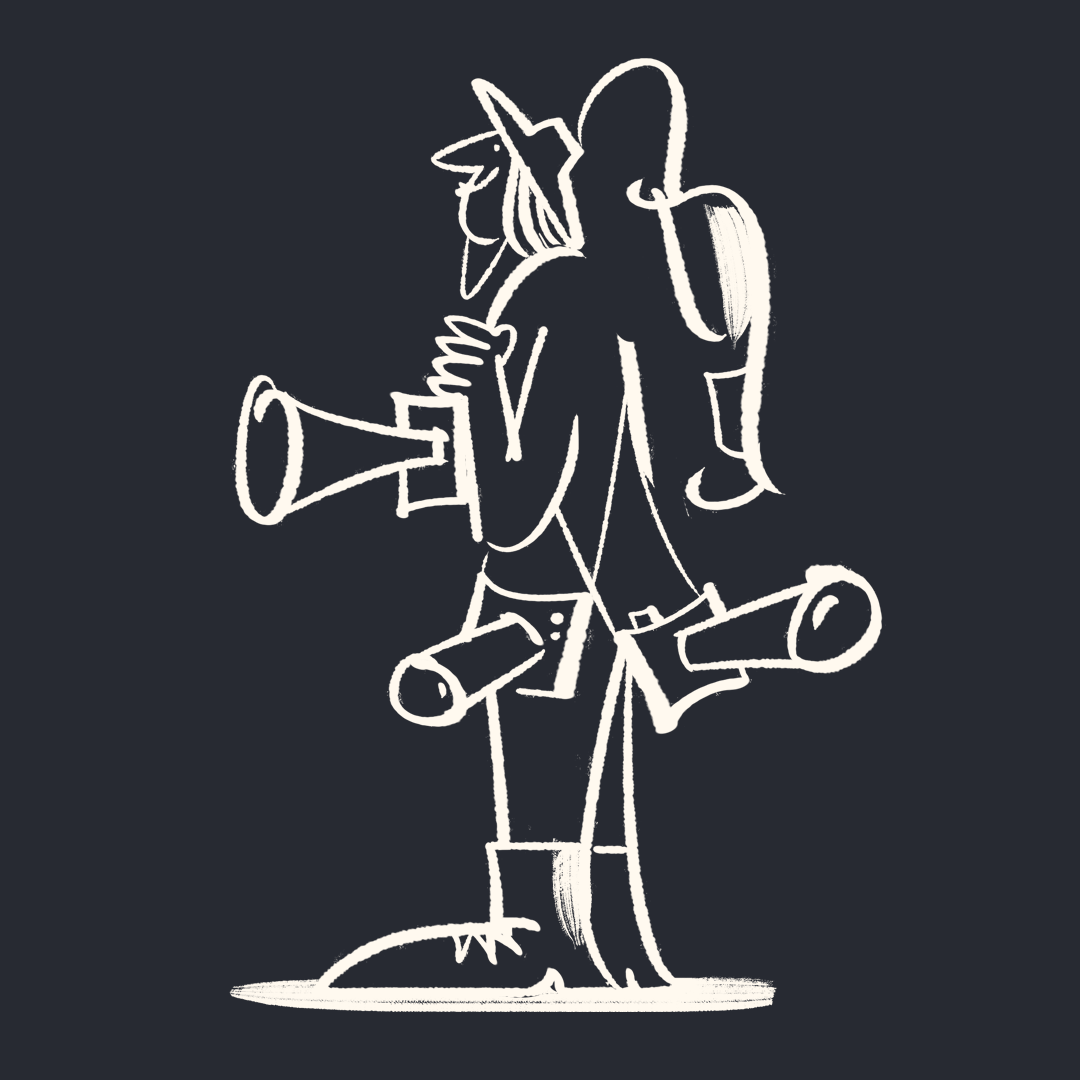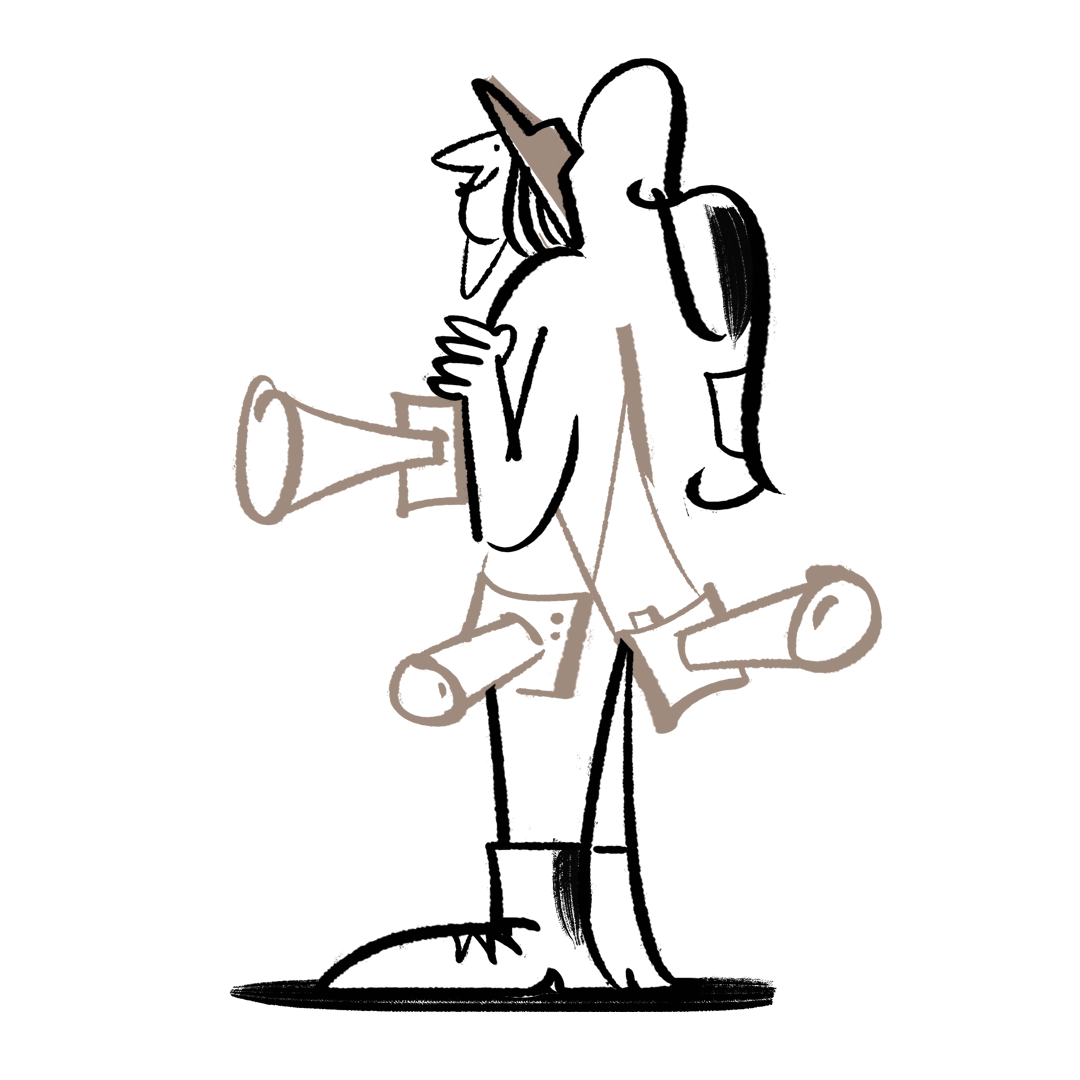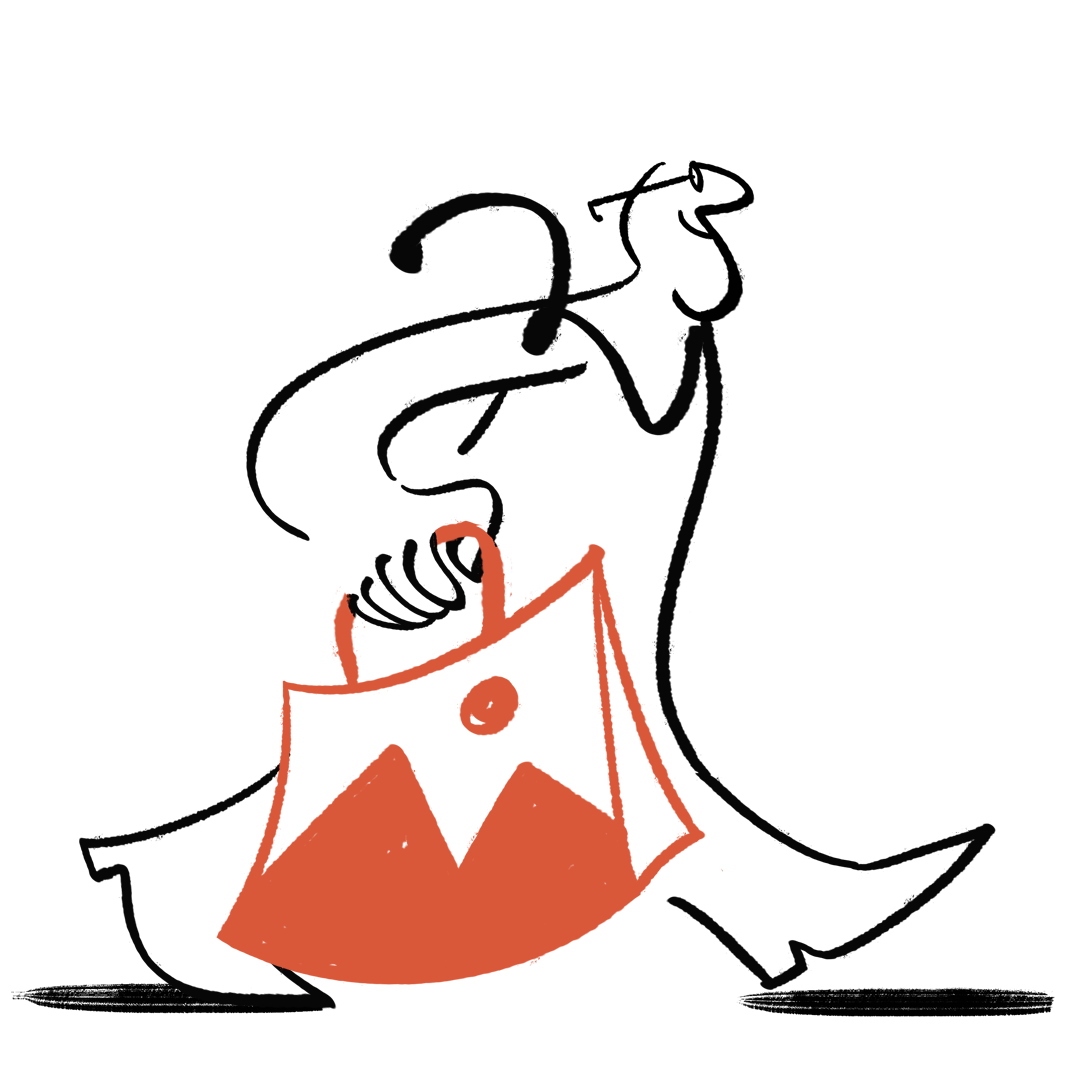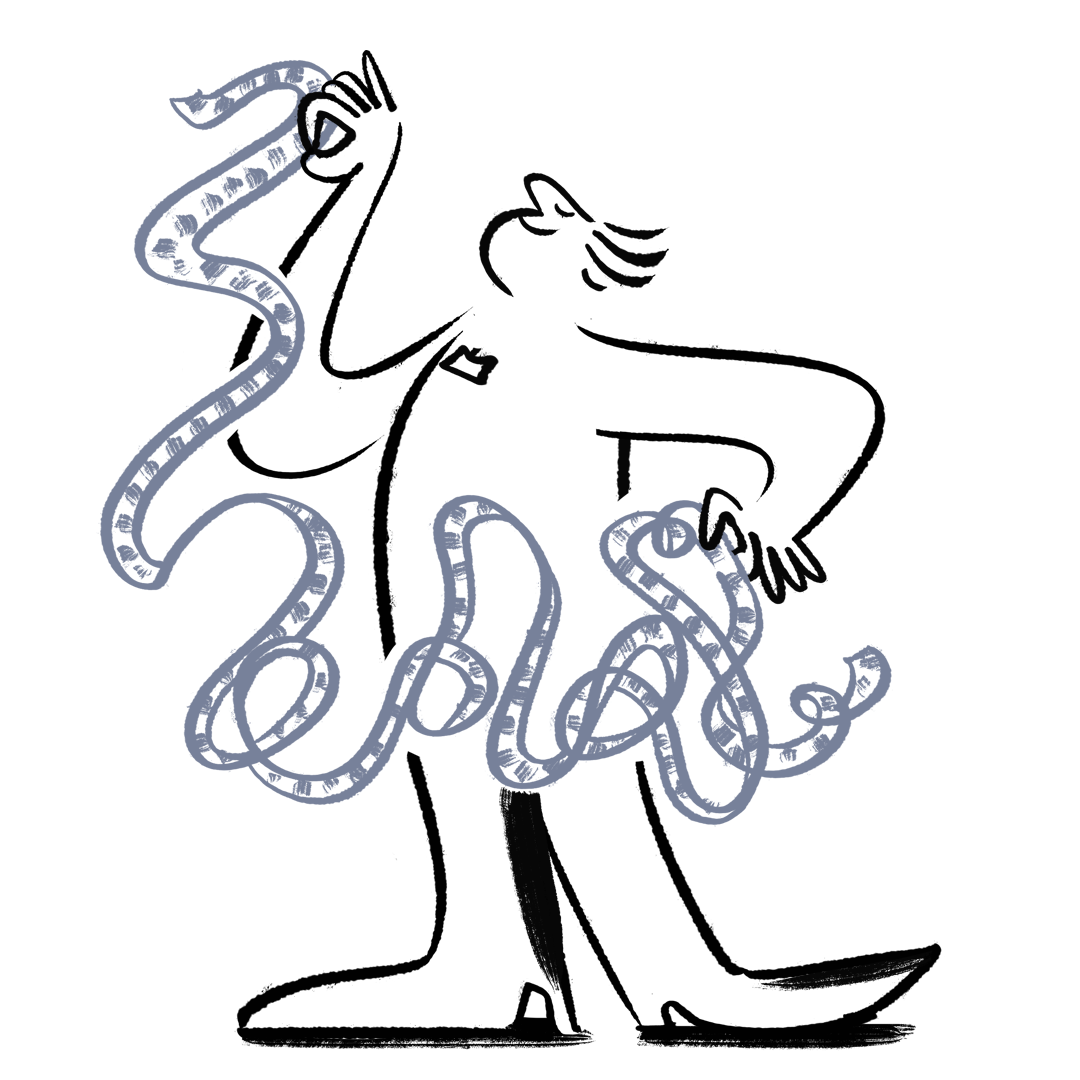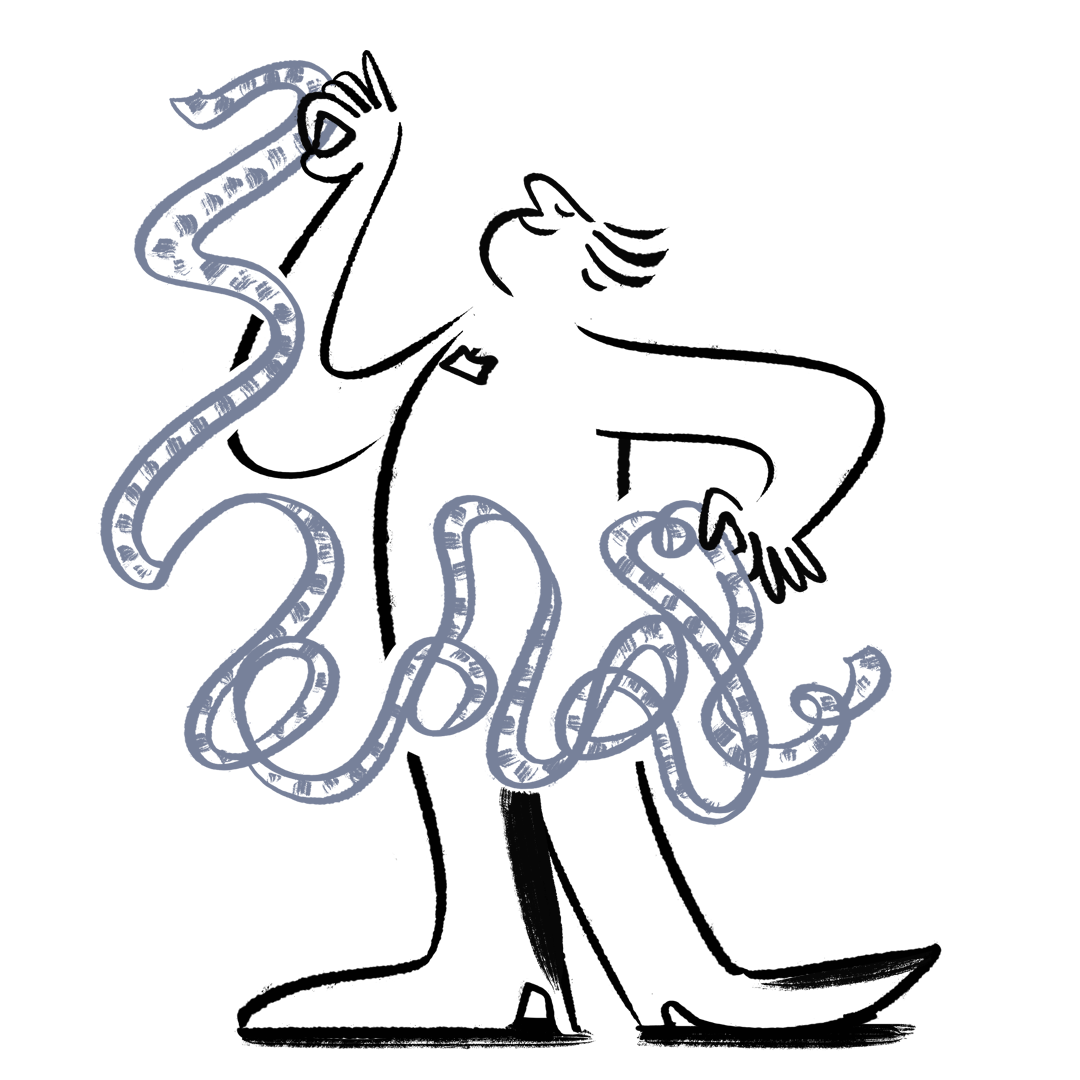Visualize a wider world
31
epaselect KENYA FLOODS
At least 32 dead after flash floods in Kenya
25.4.2024 by Daniel Irungu
19
USA CAMPUS PROTEST
Pro-Palestinian campus demonstration in DC
25.4.2024 by JIM LO SCALZO
28
GERMANY NATO
NATO Secretary General Stoltenberg visits Berlin
25.4.2024 by Filip Singer
17
USA WORLD CENTRAL KITCHEN
Memorial service for World Central Kitchen workers killed by IDF
25.4.2024 by JIM LO SCALZO
20
CHINA SPACE PROGRAMS
Launch of Shenzhou-18 spacecraft in China
25.4.2024 by WU HAO
2
FILE USA WEINSTEIN CONVICTION OVERTURNED
Weinstein's 2020 rape conviction overturned by New York top court
25.4.2024 by ETIENNE LAURENT
27
MIDEAST ISRAEL PALESTINIANS GAZA CONFLICT
Israeli forces gather at the border with Gaza, southern Israel
25.4.2024 by ATEF SAFADI
160
PORTUGAL CARNATION REVOLUTION ANNIVERSARY
50th anniversary of the Carnation Revolution in Portugal
25.4.2024 by JOSE COELHO
Friday 26 April
26 Apr
12H57
Athens
Sports
Pending
Handover ceremony of the Olympic Flame in Athens for the Paris 2024 Olympic Games
Greece
Our solutions
Choose your perfect plan, pack, or professional.
Picture packs
Basic licenses for digital editorial purposes
Save money with our
Pre-Paid Packages.
Video packs
Basic licenses for digital editorial purposes
Save money with our
Pre-Paid Packages.
Book a Professional
Access our global network of professionals
Ask for a quote
Billed per project
Curated collections
Check out EPA's latest curated collections



